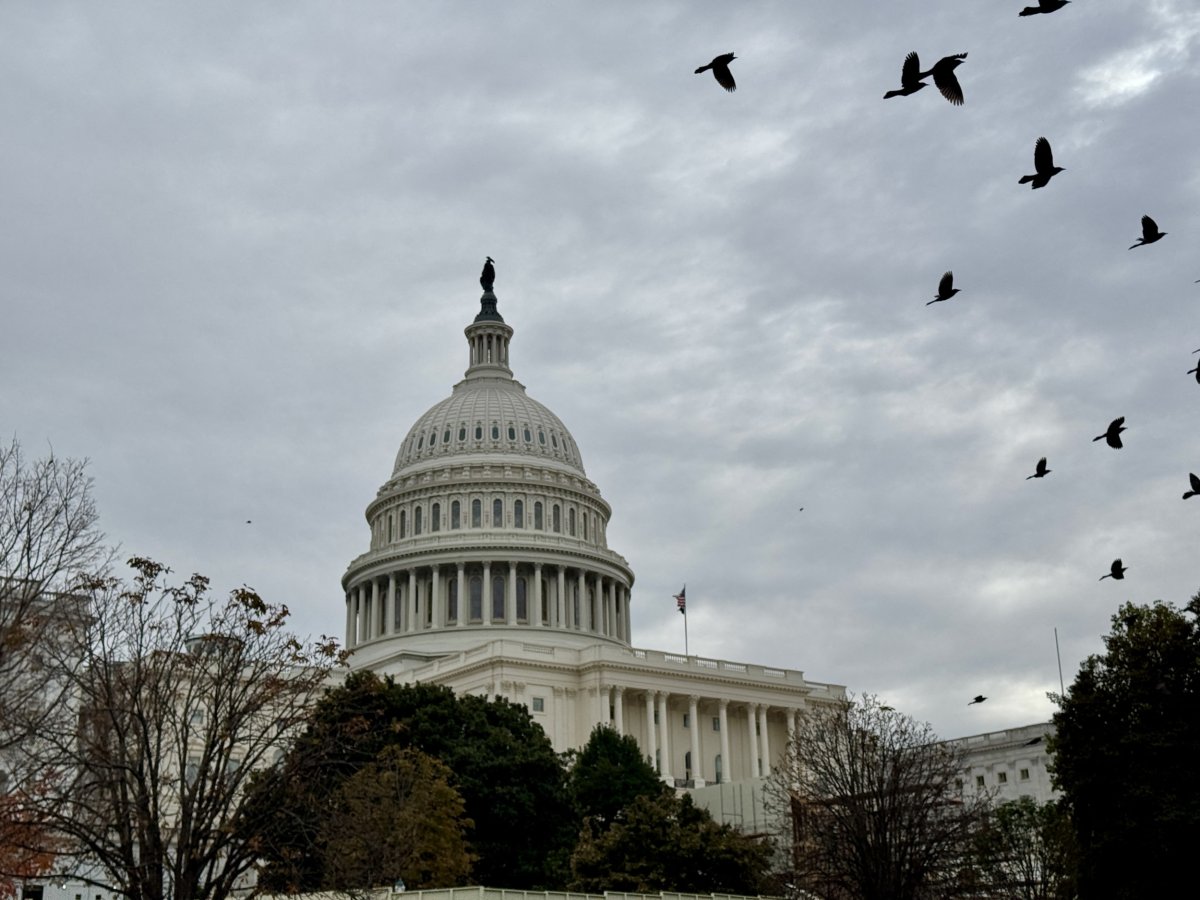Control of the U.S. House of Representatives remains uncertain, with the majority still undecided between Republicans and Democrats as fewer than 20 races have yet to be called.
On Monday, Republican David Schweikert was declared the winner of Arizona's 1st Congressional District, defeating Democratic challenger and former state lawmaker Amish Shah. Schweikert's election to his eighth term gives Republicans a 214-203 edge with 18 races still to be called.
Republicans have gained six seats in the 2024 election cycle and need four more to keep House control. Democrats have flipped five seats but face an uphill challenge.
Of the 18 undecided seats, 11 are deemed "key" to House control. In these critical races, Republicans currently lead the vote count in eight, including Washington's 4th district, which is guaranteed to go to a Republican with two GOP candidates competing.
Newsweek reached out to House Speaker Mike Johnson and House Minority Leader Hakeem Jeffries via email for comment on Monday.
Democrats lead in 10 undecided races, but even if the party wins all 10, its total will be 213 seats—still five short of the majority needed.
As of Monday afternoon, 10 uncalled races were in California. The totals take longer to count since the state allows ballots postmarked as of Election Day to arrive up to seven days later, which is Wednesday.

Mark Jones, a political science professor at Rice University, told Texas Standard Monday that he expects the House to be called by the end of this week.
"By the end of the week, we will know definitively who's going to control the House," Jones said. "But looking at the data now, it's a virtual certainty that Republicans are going to win."
The slow process in California has previously been a source of frustration for House Republicans. In 2022, it took over a week to declare a Republican majority in the House. Former Speaker Paul Ryan described the state's process as "bizarre" in 2018.
"We were only down 26 seats the night of the election, and three weeks later, we lost basically every California race," he said at the time.
The GOP took back the House in the 2022 midterm elections. Of the 435 voting seats, 220 were held by Republicans, while Democrats held 212 seats. There were three vacancies.
Control of the House will likely have massive implications for President-elect Donald Trump's agenda. The GOP flipped control of the Senate from the Democrats in last week's elections and is forecast to have a 53-46 seat majority in the upper chamber next year.
If the GOP controls the White House and both houses of Congress, its agenda will prioritize tax cuts, securing the United States-Mexico border, and drastically reducing federal regulations.
Additionally, Republicans aim to decentralize federal agencies from Washington and rebuild the government workforce with input from outside think tanks, as Johnson has indicated, to bring the federal government "to heel."
However, Johnson has struggled to govern the House effectively in his first year, and this challenge is expected to continue in the new Congress. Republican hard-liners like Representatives Marjorie Taylor Greene of Georgia and Matt Gaetz of Florida and others have frequently clashed with and disrupted their leadership, making this one of the most tumultuous sessions in recent history.



















:quality(85):upscale()/2024/04/24/878/n/3019466/36c5693c662965c5d1ce91.72473705_.jpg)
 English (US) ·
English (US) ·